Forget the media circus, Julian Assange put our brave soldiers’ lives in danger
ADF deaths and woundings in Afghanistan serve as a reminder of the need to acknowledge ‘different views’ about the return of the deeply idiosyncratic man the PM welcomed home.
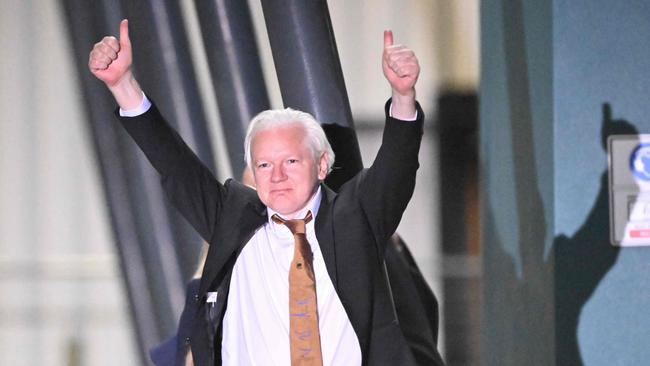
Julian Assange emerged from his charter jet in Canberra on Wednesday night in a dark suit, white shirt and thin tie, raising his right arm in a clenched-fist salute. Perhaps Assange wanted to echo the image of Nelson Mandela walking out of the Victor Verster prison on February 11, 1990.
But Assange is no Mandela. He will not go on to lead this country or be a global figure of reconciliation. Assange is and will remain a disrupter. Now that he is out of His Majesty’s Belmarsh Prison, we will come to know the real Julian, not the figure managed so artfully over the past decade by the Assange fan club.
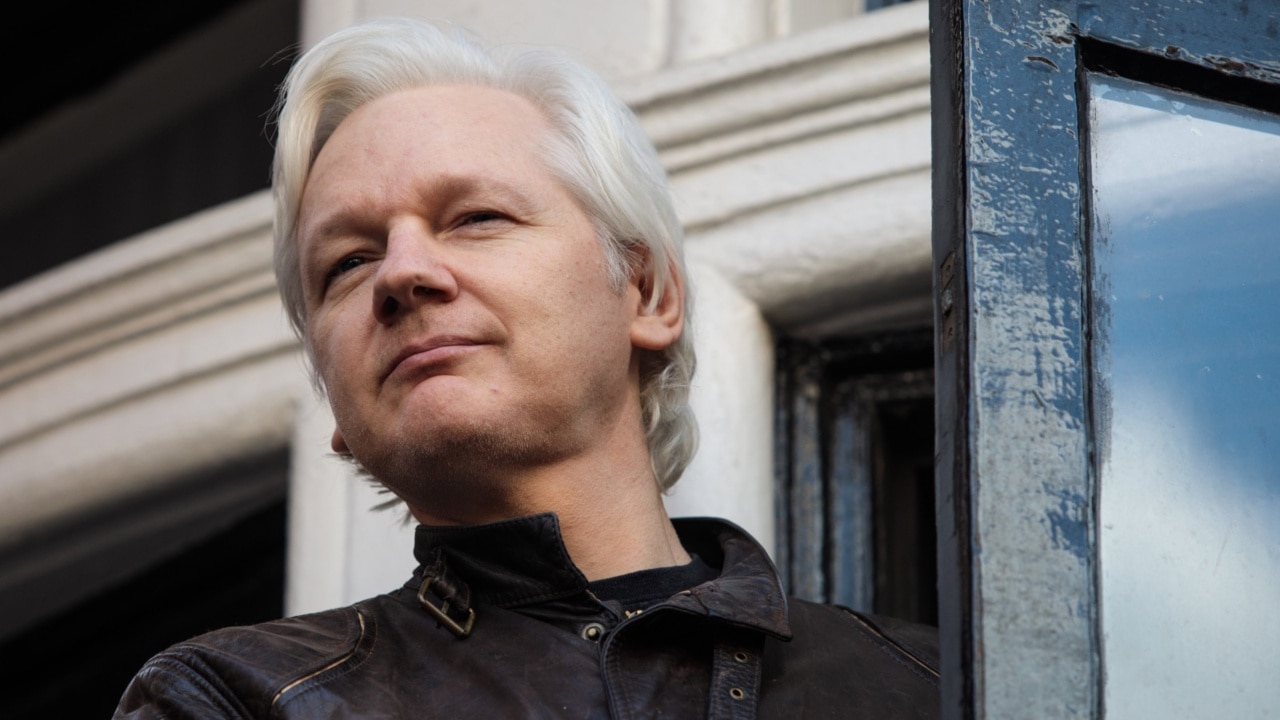
Anthony Albanese is, as usual, describing the situation rather than defining it. “Look, I think that there will continue to be different views about Julian Assange and his activity,” he told a media gaggle on Thursday. The Prime Minister is just relieved that “this saga is over”.
Albanese should be worried that the next phase of the saga is about to begin. Whatever Assange has in mind for his future, it won’t involve being obliging to Albo.
Could the Prime Minister even articulate the “different views” that people are supposed to have about Assange? We are unlikely to find out.
Albanese had the sense to stay away from Canberra airport although the instinct must surely have run deep to jump into C1 with Toto and charge for a photo opportunity. The challenge for the PM will be to milk what credit he can from facilitating the return of a driven, deeply idiosyncratic individual with the potential to become a deep headache for the political left.
Assange’s WikiLeaks shot to global prominence on July 25, 2010, when it released online what it called the Afghanistan War Diary – 91,000 reports “written by soldiers and intelligence officers, and mainly describing lethal military actions involving the United States military, (and including) intelligence information, reports of meetings with political figures, and related details”.
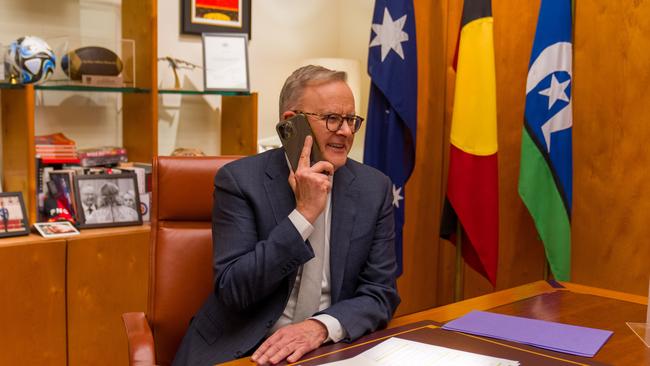
This act flung Canberra into a panic. What if these reports gave targetable details of Australian military operations, or named Afghans working with Defence or intelligence?
I was deputy secretary for strategy in Defence and was tasked to lead a process reviewing the leaked material. The context is important. We were fighting a bloody counter-terrorism war at the time.
On June 7, 2010, sapper Jacob Moerland, 21, was killed by an improvised explosive device in the Mirabad Valley of Uruzgan province. Injured in the same explosion was sapper Darren Smith, 25. He was evacuated by helicopter and later died of his wounds.
On June 21, privates Scott Palmer, 27, Timothy Aplin, 38, and Benjamin Chuck, 27, all serving with the special forces, were killed on operations in a Blackhawk helicopter crash. Then on July 9, private Nathan Bewes, 23, was killed and another soldier wounded by an IED in Uruzgan’s Chora Valley.
A fortnight later, Assange’s WikiLeaks release of uncensored battlefield reports put our forces, indeed the whole of the international coalition in Afghanistan, and the many brave Afghans fighting with us, under serious risk.
The only group that could benefit from this tactical information was the Taliban.
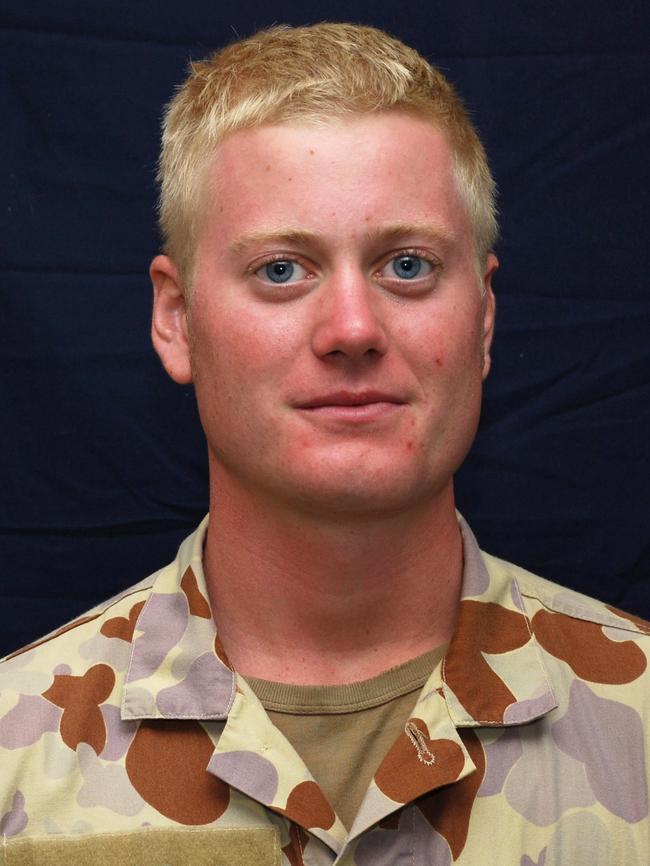
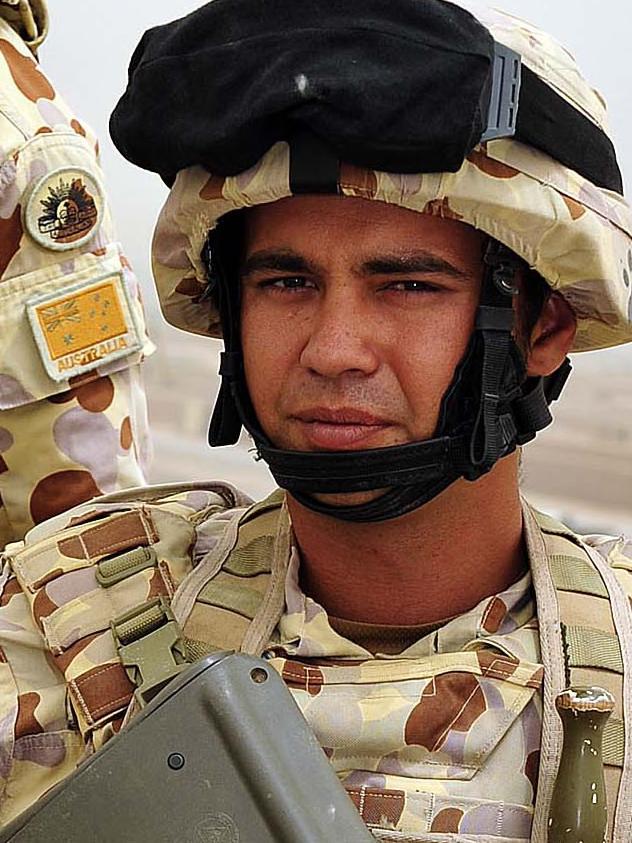
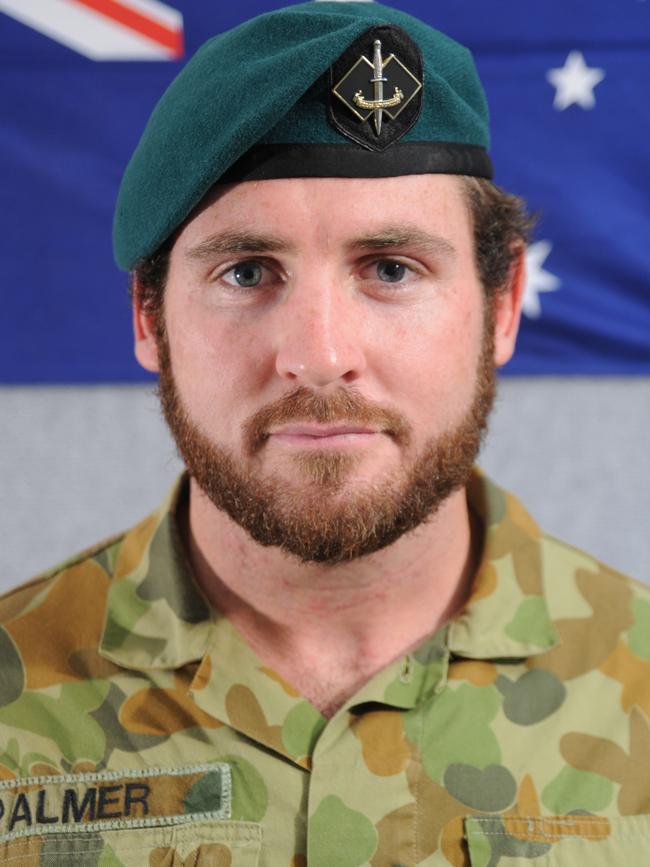
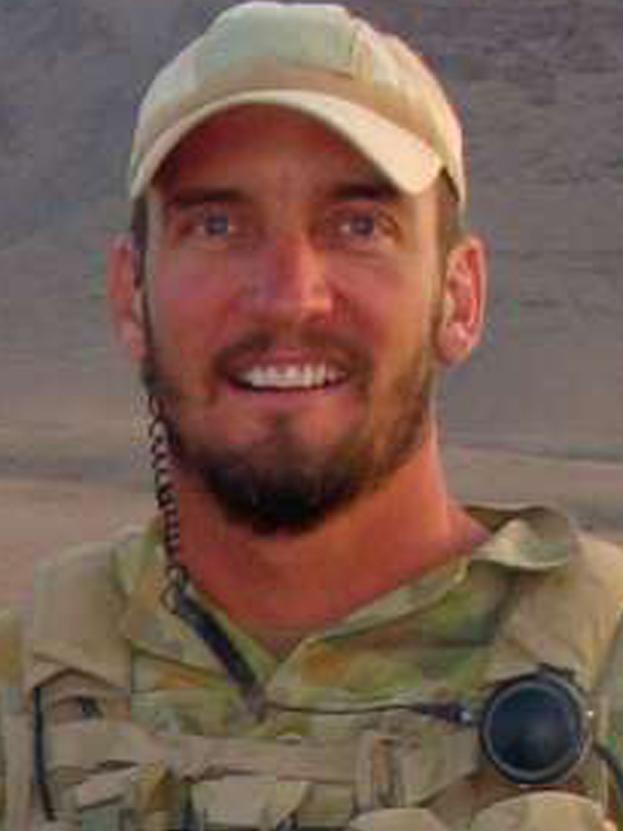
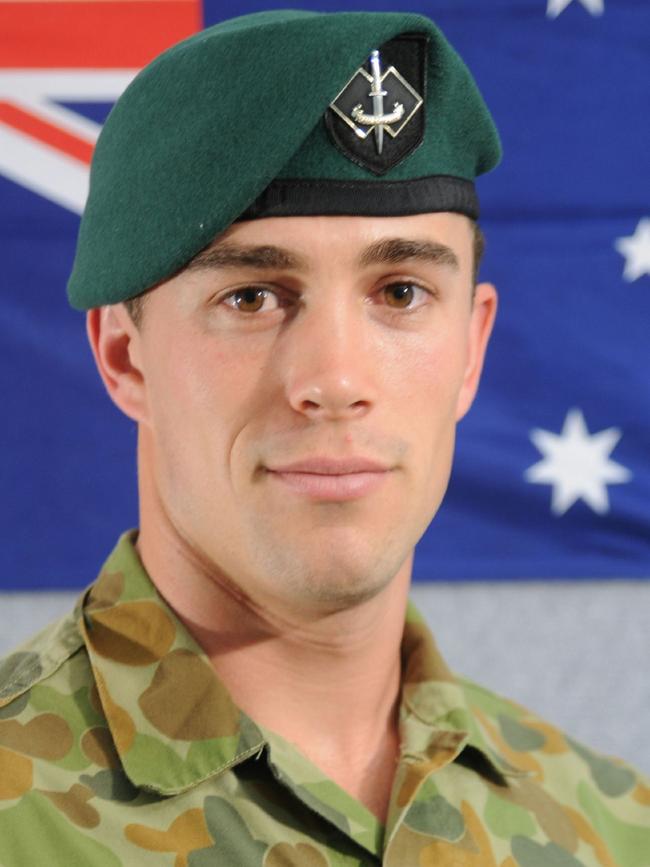
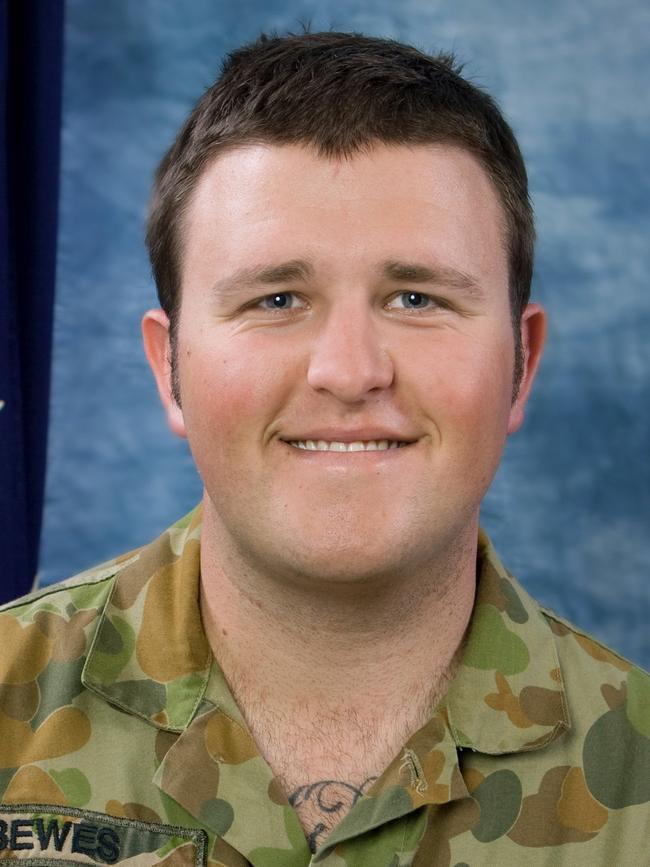
I mention the names of these fine soldiers to help the Prime Minister understand how it is that some people may have “different views” about Assange. Many more ADF deaths and woundings followed. The essence of political leadership is to separate the spin from what truly matters rather than pretend that different views are just happy celebrations of diversity.
On Sky News on Wednesday, The Australian’s Washington correspondent Adam Creighton argued that “in the 14 years this stuff’s been out there, you know, there has basically been no damage at all”.
“Those who attack Assange, they claim that, you know, he has caused enormous danger to various people but I just don’t see that has been borne out in reality. And frankly, even if it is true then that’s the price of, you know, knowing the truth.”
“The truth” looks different looking backward from, you know, the safety of a television studio.
At the time, in the middle of Australia’s most serious combat operations since the Vietnam War, Assange threw a bomb into the middle of the ADF.
No one was taking this risk more seriously than Stephen Smith, then foreign minister, soon to become defence minister, and Kevin Rudd, who in June 2010 had just lost the prime ministership, but would become foreign minister in September of that year.
WikiLeaks kept throwing bombs. In October 2010, 391,832 combat reports from Iraq were put online, again uncensored. And beginning in November 2010, tens of thousands of State Department cables started to be released.
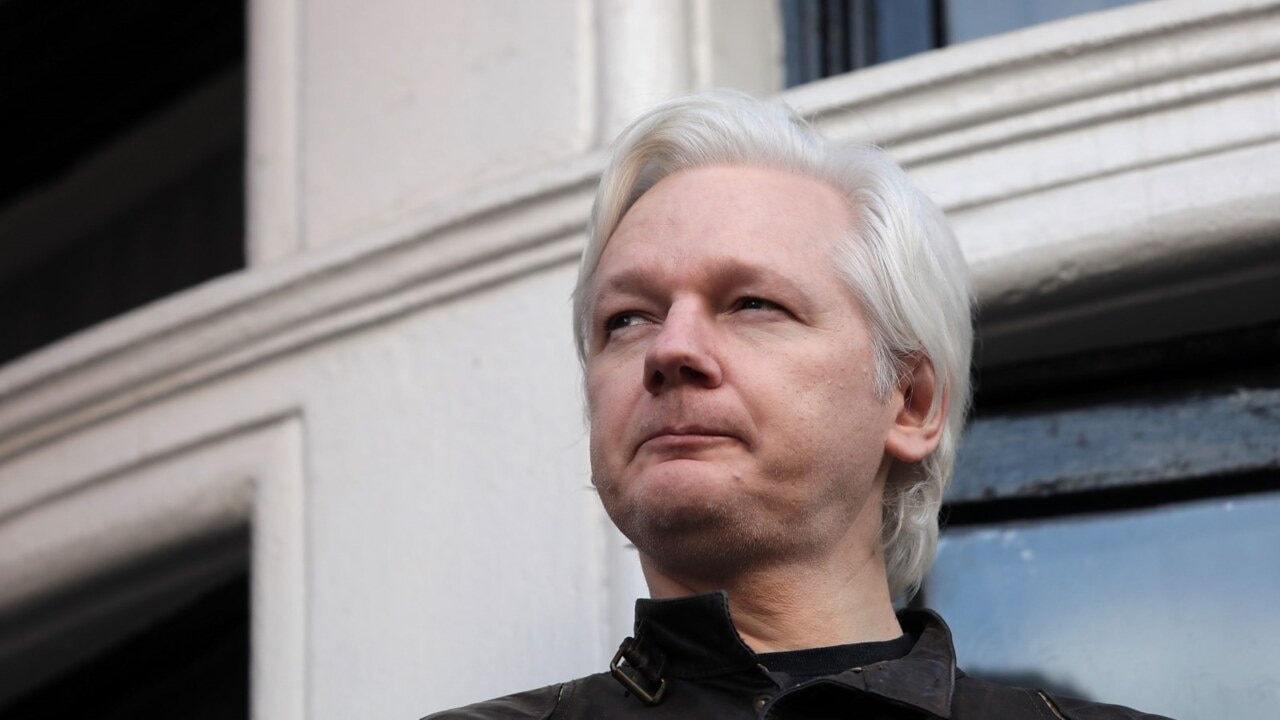
One of those cables, marked secret, reported that in 2009, then prime minister Rudd told the US embassy that Afghanistan “scared the hell out of him”. He was right to be so worried.
It is by no means clear that the material put online by Assange did not cause deaths. After President Joe Biden’s disastrous decision to withdraw from Afghanistan in August 2021, we know that the Taliban targeted Afghans who worked for the International Security Assistance Force. The combat reports have never been taken off the WikiLeaks site.
The release of the State Department cables caused significant disruption to Western intelligence operations globally, including the urgent withdrawal of exposed agents. Some of Assange’s supporters may celebrate that as a dismantling of an evil state apparatus, but that would be a case of not “knowing the truth” so much as just being unable to handle it.
The biggest geopolitical beneficiaries of WikiLeaks were Russia and China. They don’t indulge quirky libertarians like Assange. By contrast, the democracies, particularly the US, suffered.
Reading through the combat reports and the cables, the picture that emerges is not one of the Deep State malignly plotting, or that of a war machine endlessly committing war crimes. These are fantasy views, animating fringe-dwellers on the hard left and right of politics.
What is revealed is flawed democracies fighting confused wars with barely coherent strategic planning, imperfect knowledge and limited resources. Mistakes get made. The benefit of the US and Australian systems is that we will regularly admit to the fault.
A fair reading of the State Department cables would judge that American diplomats are, very often, savvy judges of character and political processes.
Is it news to anyone that the US embassy thought Rudd was a “control freak”?
As a Defence official closely engaged with a variety of different governments, I can reveal that the heart of modern democracy is not an all-knowing, all-controlling “Deep State” – you will find that only in China. What we have is the Shallow State – something that looks more like a sweaty and short-sighted clown troop riding the dodgem cars.
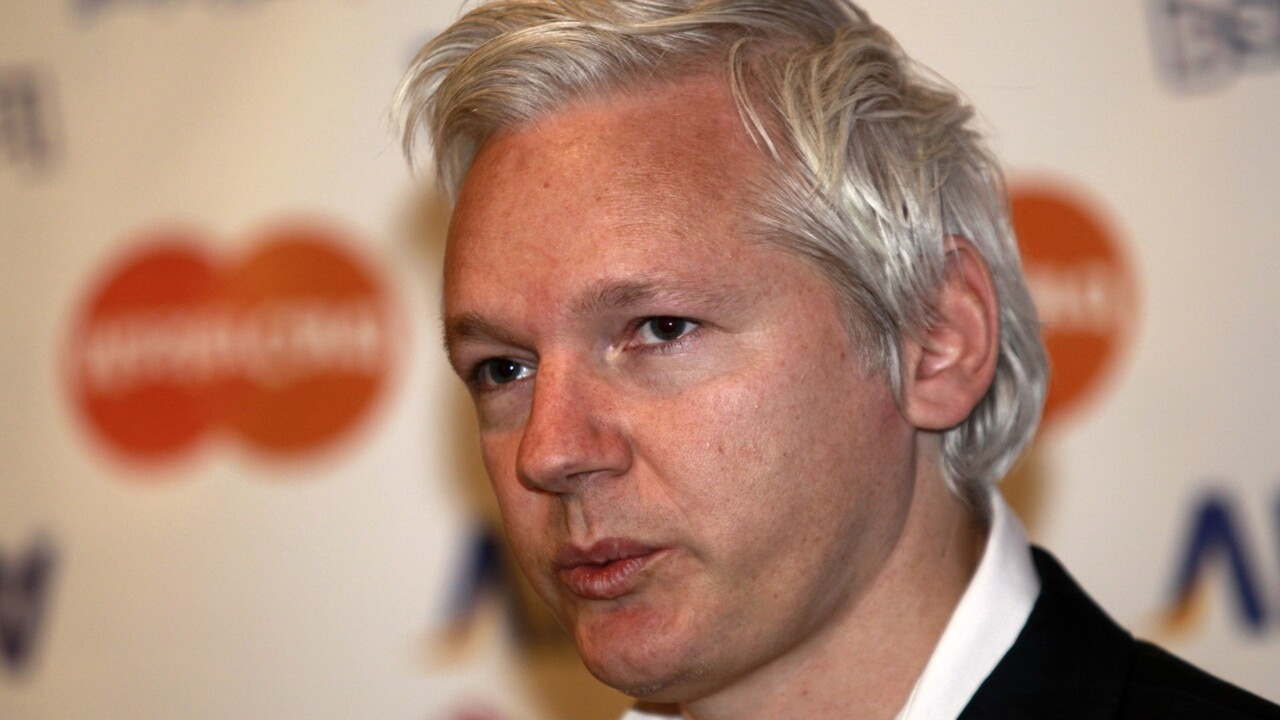
That is what WikiLeaks reveals. Spare me the nonsense about fearlessly exposing the truth.
What happens next? Assange could turn his gaze towards how successive Australian governments have increasingly misused national security classifications to cover up political stupidity.
It has been a long time since the security classifications of “confidential”, “secret” and “top secret” have been used, as intended, to control information of genuine national security significance.
The government failed to release a recent report by David Peever on innovation and the Defence Strategic Review by Stephen Smith and Sir Angus Houston, and they did so on spurious national security grounds.
Albanese has created a new role for himself as the bringer-home of incarcerated Australians. He does not mention the Islamic State jihadi brides and children returned in October 2022 in his roll call of success.
The good news for Albanese is that DFAT reports 318 cases of Australians imprisoned overseas in 2022-23, including 49 in China, 47 in the US and 30 in Vietnam. Will they all get a phone call from the Prime Minister upon return?
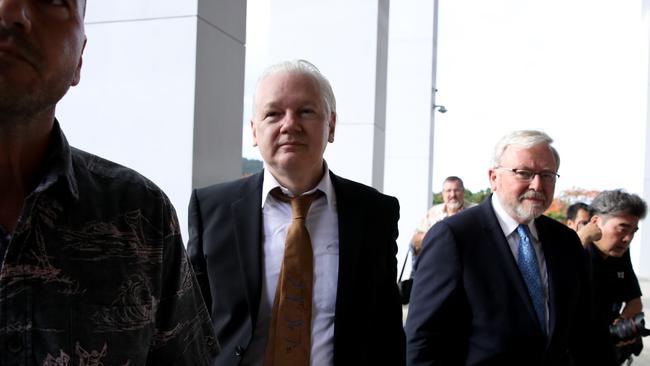
How about a private jet with Rudd and Smith in attendance? One hopes both these gentlemen are profoundly embarrassed by having to accompany Assange. That could only have been a prime ministerial call and was completely unnecessary.
On Thursday morning ABC Radio, Stella Assange asked only for privacy for her family in comments reminiscent of Prince Harry and Meghan Markle, surely the only close competitors for such media attention. But I can’t see Julian marketing his own brand of dog biscuits.
Instead, he may consider politics. In an election for half the Senate, a 14.3 per cent vote – a “quota” – lands a Senate position. With global name recognition, Assange will threaten the Greens for a Senate spot in any state in the country.
Assange previously ran for a Senate position for the WikiLeaks Party in 2013.
An early disturber of Assange’s privacy might be a call from Adam Bandt who, presumably, would rather have Assange in the Greens tent than out of it. Bandt could see Assange as a political threat. There are plenty of inner metropolitan seats in Sydney and Melbourne where Assange would stand a solid chance off knocking off a Labor or Greens incumbent.
For the rest of us, including the thousands who maintain onerous security clearances, the image of Albanese’s grinning phone call welcoming Assange home will linger.
Given the government’s obsession with secrecy and information control, common decency and a touch of political astuteness would suggest the PM should give Assange a wide berth.
Assange was found guilty by our closest ally of conspiracy to obtain and disclose national defence information. The man is no hero. The same action would put any Defence official in prison.
Albanese should acknowledge that, out of respect for the thousands of loyal Australians who uphold our national security.
Peter Jennings is director of Strategic Analysis Australia and was executive director of the Australian Strategic Policy Institute from 2012 to 2022. He is a former deputy secretary for strategy in the Defence Department (2009-12).


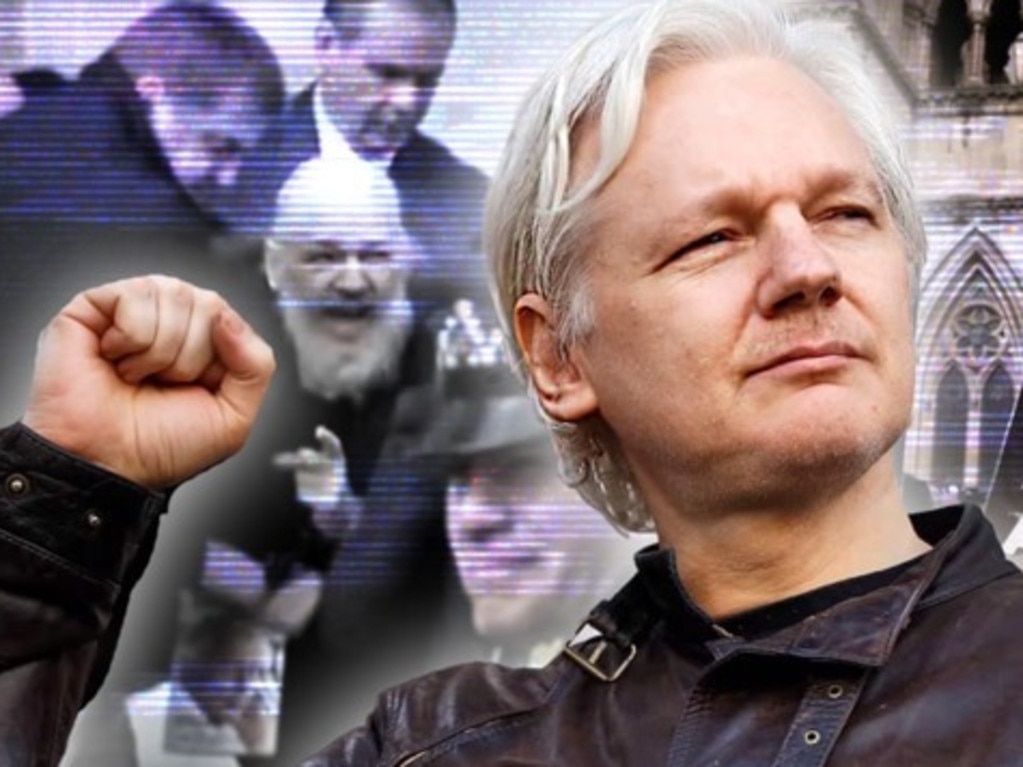
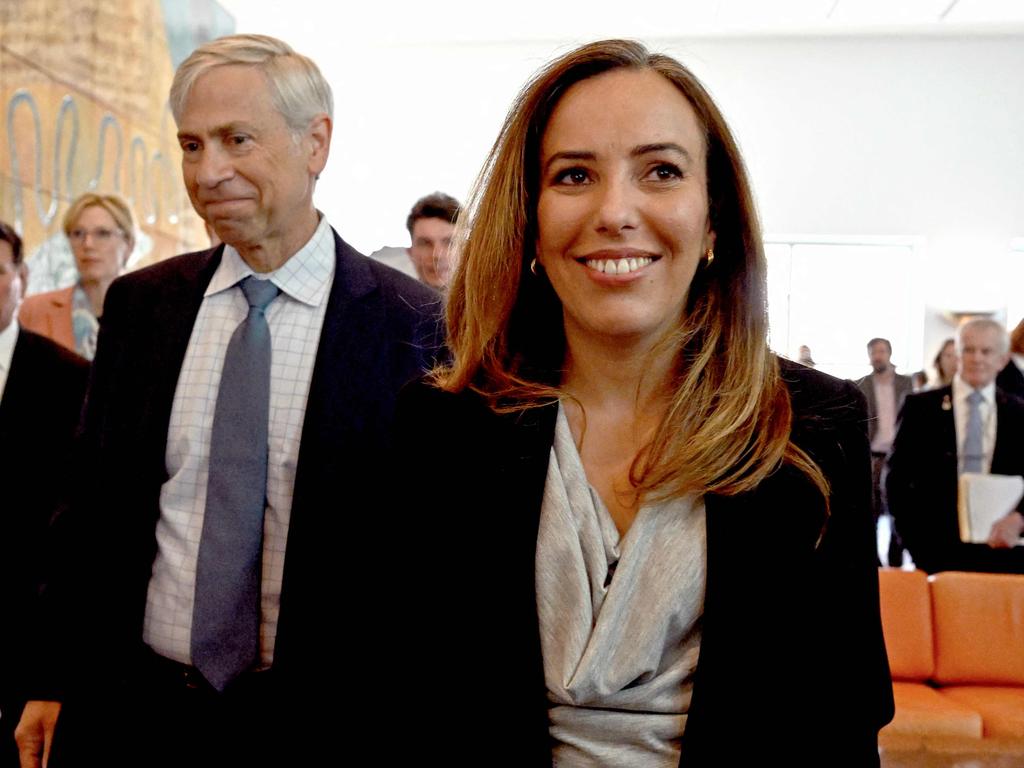



To join the conversation, please log in. Don't have an account? Register
Join the conversation, you are commenting as Logout